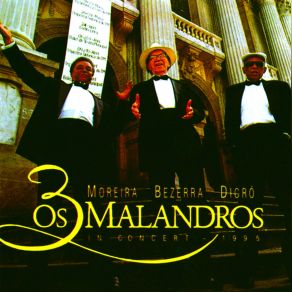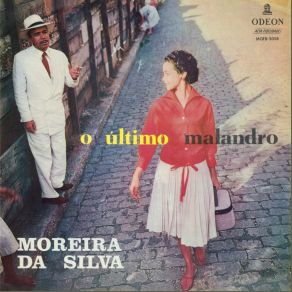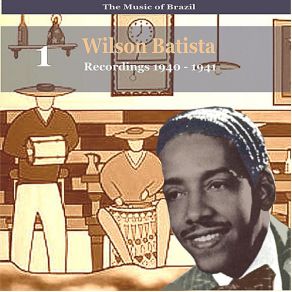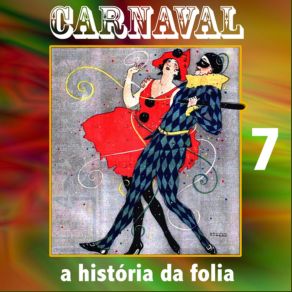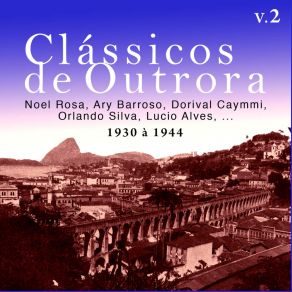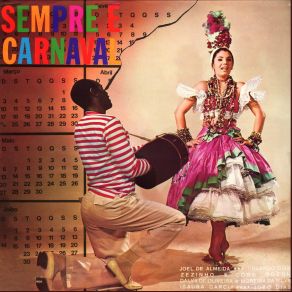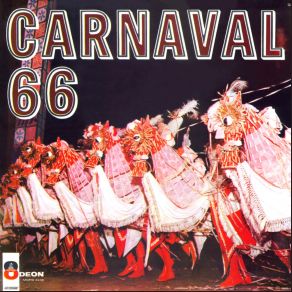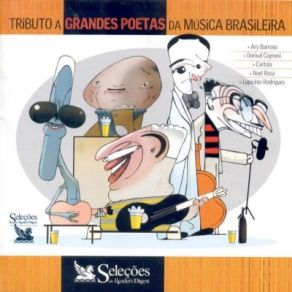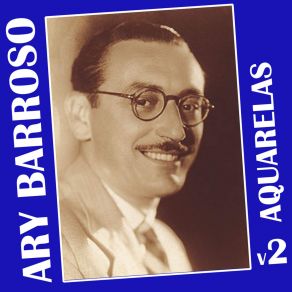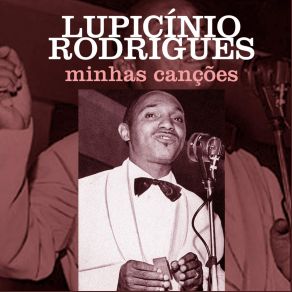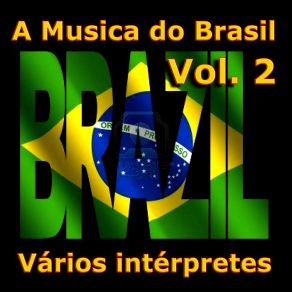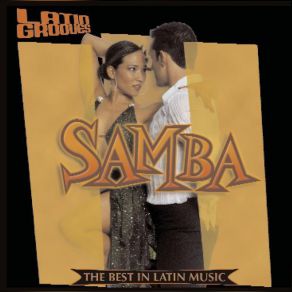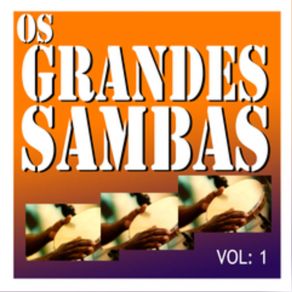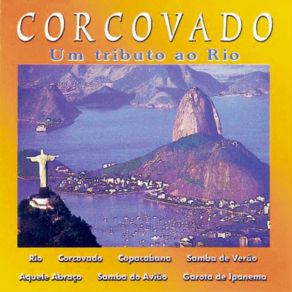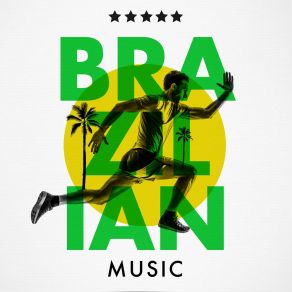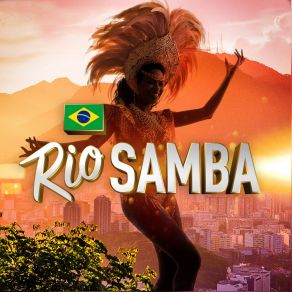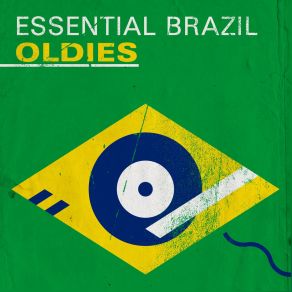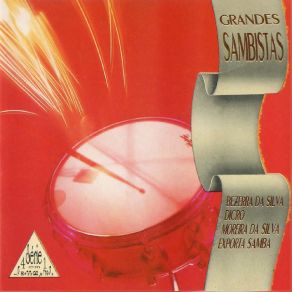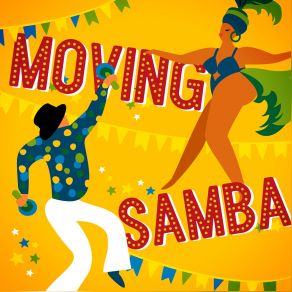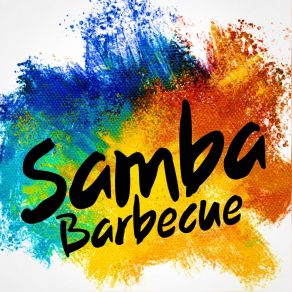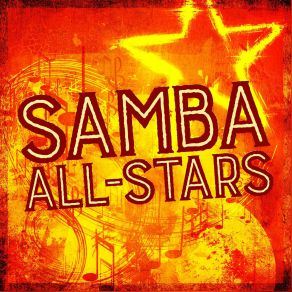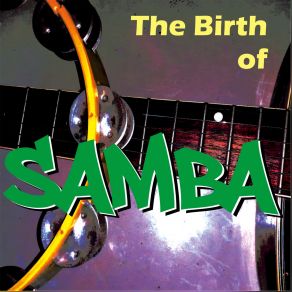Moreira Da Silva
Wikimp3 information about the music of Moreira Da Silva. On our website we have 17 albums and 19 collections of artist Moreira Da Silva. You can find useful information and download songs of this artist. We also know that Moreira Da Silva represents Latin genres.
Biography
[Edit]The son of a trombonist of the band of the military police, Moreira da Silva sang as an amateur in serestas at a very young age. In 1931, he recorded for the first time ("Ererê" and "Rei da Umbanda," both pontos de macumba by Amor for Odeon). He recorded another album for Odeon and moved to Columbia, where he recorded two hits for the Carnival of 1933: "Arrasta a Sandália" (Aurélio Gomes/Baiaco) and "É Batucada" (Caninha/Visconde de Bicuíba). The latter was the winner of the first official contest of Carnival music of Rio de Janeiro in the same year. Invited by Duque, da Silva went to work in the Cassino Atlântico. "Implorar Só a Deus" (Kid Pepe/Germano Augusto/J.S. Gaspar) was another hit in 1935, establishing his reputation as an inspired interpreter. In the next year, he began to appear on Programa Casé at Rádio Philips, and in 1937 he was hired by César Ladeira for Rádio Mayrink Veiga. In the same year, his interpretation of "Quatro Linhas" (Tancredo Silva) became a milestone, being the first time that he inserted slang and humorous commentaries between musical phrases (the break, or breque). This style, which he took to the ultimate point, became his trademark — some of his breaks reached the mark of one minute or more, sometimes with dialogue. In the same year, "Jogo Proibido" (Tancredo Silva/Davi Silva/Ribeiro Cunha) continued in the same line, also with enormous success. In 1939, he toured Portugal (Porto and Lisbon), where he worked on the film A Varanda Dos Rouxinóis. "Amigo Urso" (Henrique Gonçalves), recorded for RCA Victor in the same year, became one of his greatest hits. After several other hits, he was hired by Rádio Tupi in 1950. In 1958, invited by Aluísio de Oliveira, he recorded the LP O Último Malandro, followed by several others. Miguel Gustavo wrote sambas-de-breque especially for him, describing adventures where Kid Morengueira (another of his nicknames) was the hero. The biggest hit of these was "O Rei do Gatilho" (1962). In 1979, invited by Chico Buarque, he performed on the Ópear do Malandro LP. He toured Brazil in 1980, in the Projeto Pixinguinha. The samba school Unidos de Manguinhos paid tribute to him, parading to the samba enredo "Moreira da Silva, 90 Anos de Um Malandro." In 1995, he performed a series of shows with success in the Projeto Seis e Meia; his 94 years of age were commemorated with shows at the Ritmo nightclub, with the presence of several artists. In the same year, the book Moreira da Silva, O Último Dos Malandros (Alexandre Augusto Teixeira Gonçalves, Editora Record) was released. Moreira da Silva continued to perform in shows until his death in 2000.
Title: Os 3 Malandros in Concert (Ao Vivo)
Artist: Bezerra Da Silva, Moreira Da Silva, Dicro
Title: Os 3 Malandros In Concert
Artist: Bezerra Da Silva, Moreira Da Silva, Dicro
Title: Moreira da Silva: 50 Anos de Samba de Breque
Artist: Moreira Da Silva
Genre: Samba, World Music, Latin
Collections
Title: O Samba & Os Sambistas
Genre: Latin
Title: Samba! Samba!
Title: Carnaval 72, Vol. 2
Genre: Latin
Title: Ary Barroso Songbook, Vol. 2
Genre: Latin
Title: Carnaval 1964
Genre: Latin
Title: Carnaval 66
Genre: Latin
Title: Carnaval 67
Genre: Latin
Title: Tributo A Grandes Poetas Da Musica Brasileira (CD5)
Genre: Samba
Title: Samba 1917-1947 (CD1)
Genre: Samba, World Music
Title: Legendary Latin
Title: This Is: Brazil 2018
Featuring albums
Title: 1974 - Carnaval para 100 Milhões / 1974 - Carnaval para 100 Milhoes
Artist: Various Artists
Genre: Latin
